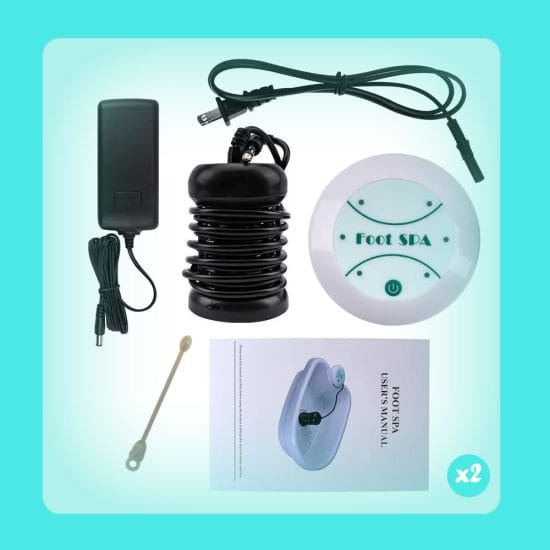Meningitis and Its Impact on Hearing: Causes, Signs, and Solutions
Meningitis, an inflammation of the protective membranes surrounding the brain and spinal cord, can lead to a range of health complications, including hearing loss. Understanding the relationship between meningitis and hearing damage is essential for early intervention and effective treatment.

Understanding Meningitis
Meningitis is caused by bacterial, viral, or fungal infections that inflame the meninges (the protective layers of the brain and spinal cord). Among these, bacterial meningitis is particularly severe and has a higher risk of long-term complications, including hearing impairment.
How Meningitis Affects Hearing
Hearing loss associated with meningitis often stems from:
- Inner Ear Damage: The infection can damage the cochlea or auditory nerve.
- Inflammation and Fluid Build-Up: Swelling can interfere with sound transmission.
- Ossification: In severe cases, the cochlea may harden due to calcium deposits, leading to permanent hearing loss.
Symptoms to Watch For
Early detection of meningitis and associated hearing issues is crucial. Symptoms of meningitis include:
- High fever
- Severe headache
- Stiff neck
- Sensitivity to light
- Nausea and vomiting
Hearing-related symptoms include:
- Sudden difficulty hearing
- Ringing in the ears (tinnitus)
- Balance issues
Treatment Options
Immediate Medical Care
For meningitis, prompt treatment is essential to prevent complications:
- Antibiotics for bacterial meningitis
- Antiviral medications for viral meningitis
- Corticosteroids to reduce inflammation
Addressing Hearing Loss
If hearing loss occurs, there are several approaches to regain auditory function:
- Hearing Aids: Amplify sound to compensate for reduced hearing.
- Cochlear Implants: Useful in severe or profound hearing loss due to ossification.
- Therapies and Counseling: Assist with adapting to new auditory challenges.
Prevention and Care
- Vaccination: Vaccines like Hib, meningococcal, and pneumococcal significantly reduce the risk of meningitis.
- Early Diagnosis: Seek medical attention at the first sign of meningitis symptoms.
- Regular Hearing Tests: After recovery, routine hearing evaluations can help monitor and address any auditory issues promptly.
Conclusion
Meningitis is a serious condition with potential long-term effects on hearing. Awareness, early intervention, and proper care are key to minimizing its impact. If you or a loved one experiences symptoms of meningitis or sudden hearing changes, seek immediate medical assistance. With timely treatment and appropriate hearing solutions, many people can effectively manage and recover from the challenges of meningitis-related hearing loss.










